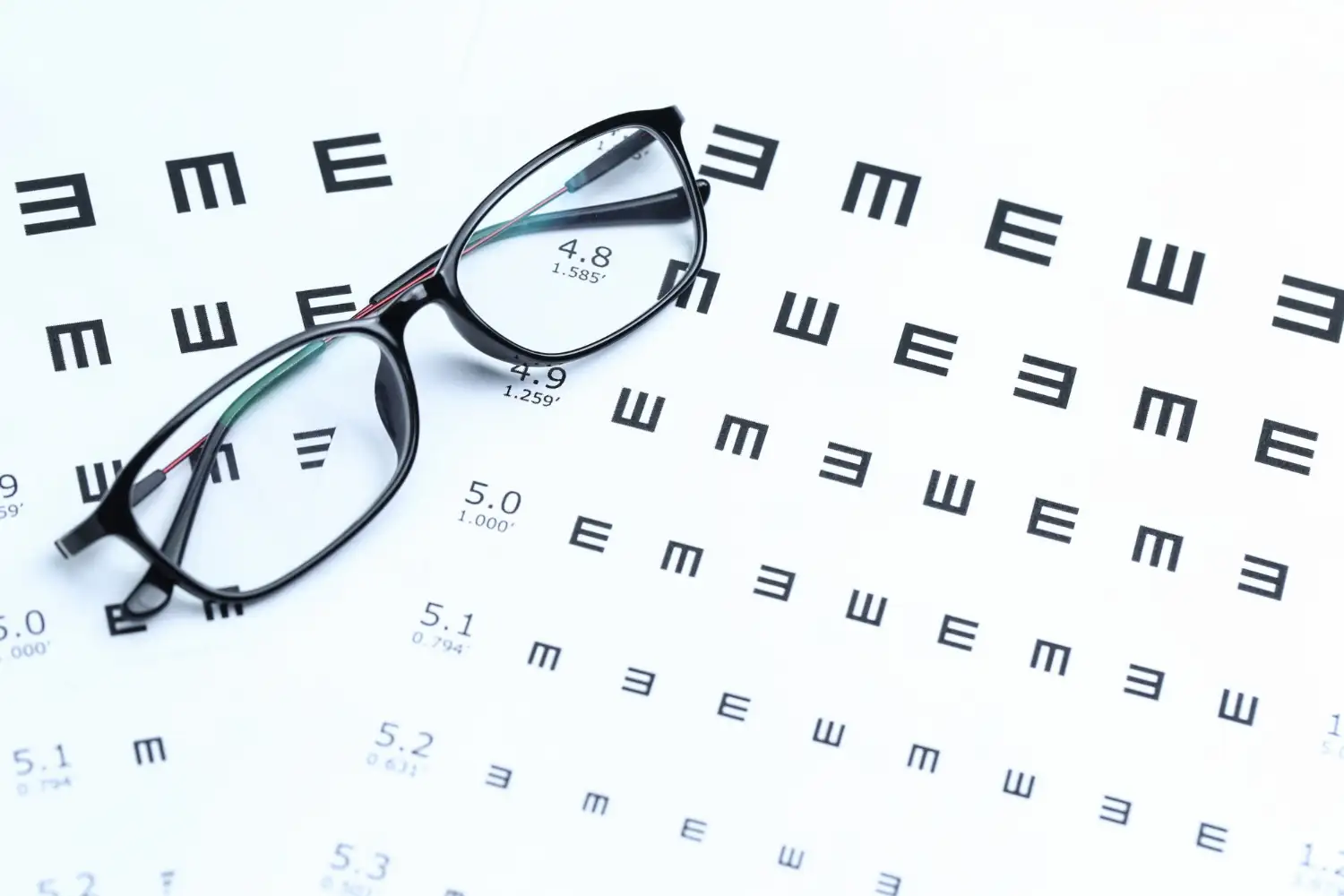As the clock strikes midnight on December 31st, many of us set resolutions to embrace healthier habits. One popular trend that has gained traction in recent years is Dry January—a month-long commitment to abstain from alcohol. While it may seem like a daunting challenge, the benefits of going alcohol-free for 31 days can be profound, offering both physical and mental health advantages.

What is Dry January?
Dry January was initiated by the UK-based organization Alcohol Change UK in 2013. The concept encourages individuals to start the year alcohol-free as a way to reset their relationship with drinking. It’s not about giving up alcohol forever but rather taking a deliberate pause to reflect on consumption habits and their impact on overall well-being.
Why Do People Participate?
Motivations for participating in Dry January vary. Some view it as an opportunity to detox from overindulgent holiday celebrations. Others see it as a chance to break patterns of habitual drinking or to assess their dependency on alcohol. Additionally, many join the movement to support physical health goals, improve mental clarity, or simply save money.
For some, the initiative aligns with larger wellness objectives, such as improving sleep, managing stress, or maintaining a balanced diet. For others, it’s a social experiment, allowing them to explore how they can navigate events and gatherings without the influence of alcohol.
Health Benefits of Dry January
- Improved Liver Health:
The liver, responsible for processing alcohol, often bears the brunt of frequent drinking. A month without alcohol gives the liver a much-needed break, allowing it to regenerate and function more efficiently. Studies have shown that even a short alcohol-free period can significantly reduce liver fat, a precursor to liver disease. - Better Sleep Quality:
While alcohol may initially help you fall asleep, it disrupts the restorative REM sleep cycle, leading to poor sleep quality and fatigue. Many participants in Dry January report waking up feeling more refreshed and energized. - Enhanced Mental Clarity and Mood:
Alcohol is a depressant that can negatively impact mood and cognitive function. A month without it often leads to improved mental clarity, focus, and an overall brighter outlook. - Weight Management:
Alcoholic beverages are calorie-dense and can contribute to weight gain. By cutting out alcohol, individuals often consume fewer empty calories, which can support weight loss or maintenance goals. - Boosted Immune System:
Alcohol can suppress the immune system, making the body more susceptible to illness. A break from drinking may strengthen immune function, particularly important during cold and flu season.
Tips for a Successful Dry January
To make Dry January a success, consider these strategies:
- Set Clear Intentions: Write down your reasons for participating to stay motivated.
- Find Alternatives: Explore non-alcoholic beverages like sparkling water, mocktails, or herbal teas.
- Seek Support: Join online communities or recruit friends to participate with you.
- Track Your Progress: Use apps or journals to celebrate milestones and reflect on how you feel.
A Foundation for Long-Term Wellness
Dry January is more than just a month-long challenge; it’s an opportunity to reassess habits and build a healthier foundation for the year ahead. Whether you’re looking to detox, improve physical health, or enhance mental clarity, the benefits of a booze-free month are worth raising your (non-alcoholic) glass to.
Take the plunge this January—you may be surprised by how much you gain by simply giving something up.


